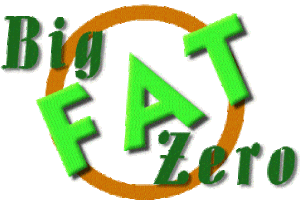Sorry, but aren't your house, furnishings and car considered assets as they are salable? Hence if you own your home or equity in your home that your net worth is not 100% stocks and bonds.
Here is what I found that details Net Worth.
Assets
Your assets can be defined as everything you own that has monetary value. They may be liquid like a checking account or non-liquid like your home. If an asset is liquid, it simply means you don’t have to sell it first to realize its monetary value. A few general examples of assets are:
- The market value of your home.
- The market value of your vehicles.
- The money in your investment accounts (including your retirement accounts and life insurance contracts).
- The amount you have in your checking and savings accounts, including CDs and money market accounts.
- Notable items of value you own, such as artwork, furniture, fine jewelry, or collectibles.
Since items like artwork and jewelry can be highly subjective, only include them as assets if you have had them professionally appraised or have a good sense of what someone would pay for them in today’s market.
Liabilities
Liabilities, unlike assets, represent a drain on your resources. These are obligations you have to pay. Your total liabilities aren’t determined by monthly payments owed, but rather by the entire debt you owe. Examples of liabilities include:
- Mortgages
- Car loans
- Credit cards
- Student loans
- Outstanding medical bills
- Back taxes
- Liens and judgments against you
Many people find that they have a negative net worth, thanks mainly to their mortgage debt and car loans. Credit card debt and student loans also have a big impact on your overall net worth. Case in point, the student loans my husband and I have are a big reason why our net worth is negative right now.



